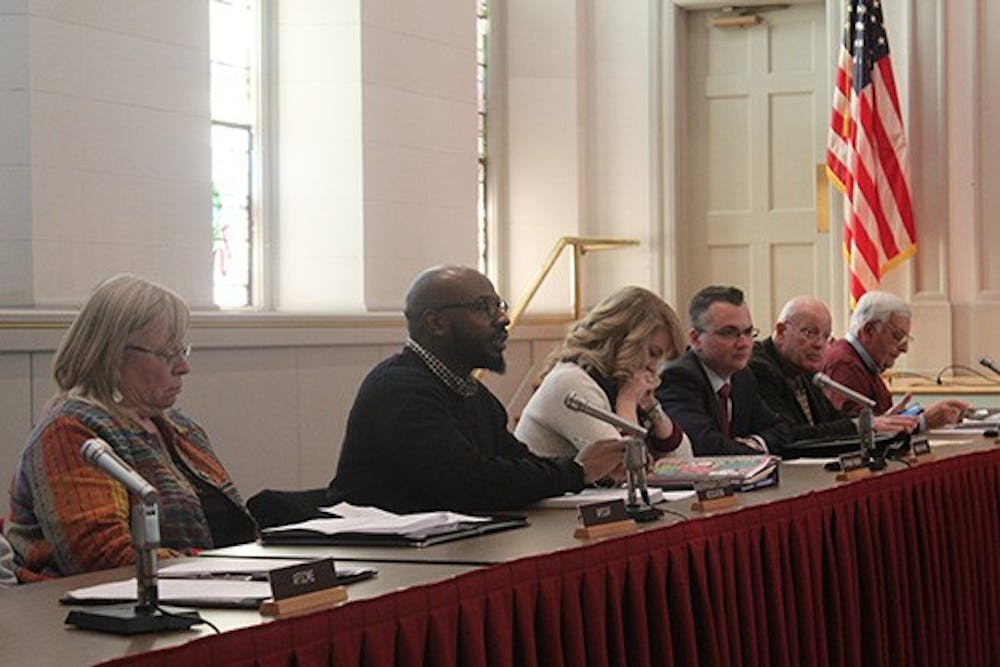The Shippensburg University Council of Trustees voted unanimously on Friday to implement a change in how students will pay for their classes to offset cutbacks in state funding that have cost the university more than $30 million over the past decade.
Instead of paying a flat rate for tuition whether they take 12, 15 or 18 credits, students could be paying per credit if the Board of Governors of Pennsylvania’s State System of Higher Education approves the plan.
While trustees and administrators say the new tuition program will help the university’s current financial situation, others say the plan will place a burden on students who may end up paying significantly more for their education.
The decision is supposed to help generate revenue for the university that budget cuts have been unable to remedy. According to the Office of University Communications and Marketing, SU has been forced to cut its budget by $34.5 million since 2003.
Deborah Jacobs, chair of the social work department and a member of the Association of Pennsylvania State College & University Faculties (APSCUF), voiced dissent at the trustees’ meeting in Old Main Chapel.
Students taking 15 credits could see a 16 percent increase in their tuition bills, which could diminish the students’ access to education, Jacobs said.
The change will not take effect unless the Board of Governors approves it. A similar plan already has been approved at Indiana University of Pennsylvania and is under consideration at Millersville University.
If approved, the new program would be implemented this fall, according to trustees.
The next meeting for the Board of Governors is expected to be in April, according to SU President George “Jody” Harpster.
Laura Ludlam, director of marketing/publications, called the tuition change a “last resort.”
Before making the decision, SU took other measures to reduce costs to the budget — such as reducing overtime, equipment purchases and funding for building improvements, according to Ludlam.
“The state’s appropriation wasn’t sufficient enough,” said Michael Schaul, chair of the Council of Trustees. “We had to find alternative financial models.”





The Slate welcomes thoughtful discussion on all of our stories, but please keep comments civil and on-topic. Read our full guidelines here.